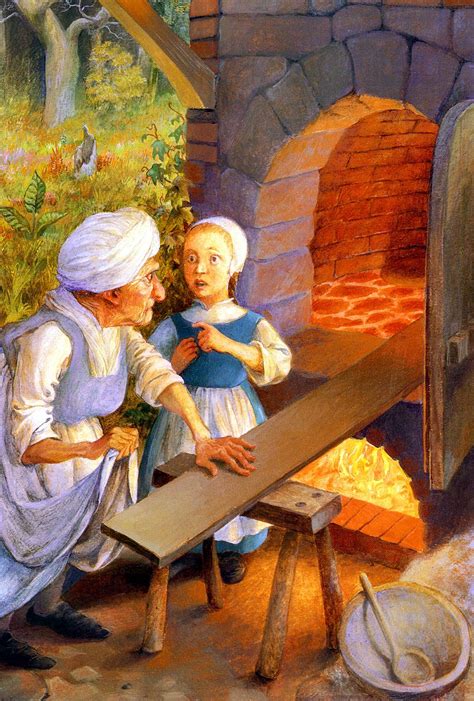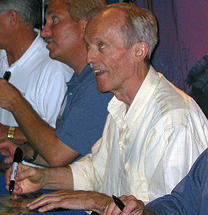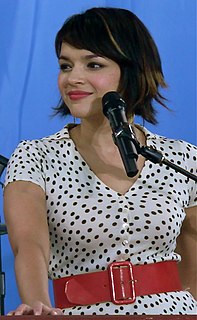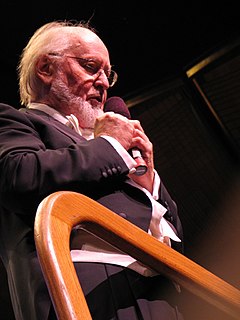A Quote by William Friedkin
The digital process gives me total control over how I want the film to look. The films look like they did when I was first looking through the viewfinder.
Related Quotes
When you are shooting over a period of six months, you tend to forget how dark or bright it was. And when you are using different technologies, having a look book helps during the final grading of the film. So you can design what the film is going to look like even before the colouring process begins.
I enjoy the making of the film and it's something for me to do. If nobody ever comes to my films, if people don't want to give me money to make films, that will stop me. But as long as people come all over the world and I have an audience and I have ideas for films, I will do them for as long as I enjoy the process. And I like the whole process of making a film.
I don't think all films should necessarily look like they do on digital video. I think it cheats the audience, at some point. If you try to make an epic and you shoot it digitally, that doesn't make much sense. I think there's a certain kind of film that could be a "digital film." But it shouldn't be interchangeable with other films. It should be something more than just a capture medium. It should be a different form altogether, something new.
I think it is very important that you like yourself for who you are and not want to look like anyone else. You also have to understand, many people have had cosmetic surgeries in order to look the way they look. So why look like them when you can just look like you? And there is nothing wrong with looking like you.
Various studios are still shooting on film with digital grain and the DI negatives, it's not ideal. We should really be all film or all digital. But that being said, the old way of graining in the camera, now you can make changes like a painter. It's dangerous because you can ruin the film, you can over-fiddle. We've all seen films and gone 'what the hell is that?'
First of all, feminism is not man-hating, not man-berating. It is not saying we are better. It is just saying we want the same opportunities, and we want to be able to make decisions on our own without being judged for them. We want the same freedom men have enjoyed over the years, so I think that's the place where we are. And it's completely not mutually exclusive at all for how you want to look, how you take care of yourself, how you want to be, what you want to look like.
Since I was from the theater, that's how I learned how to go through the process of being a character. That's how I learned, and that's what I was comfortable doing. And then, the first feature films, I'm sure I was no fun because I did not want to be spontaneous in that filmic way that really can work for you.





































